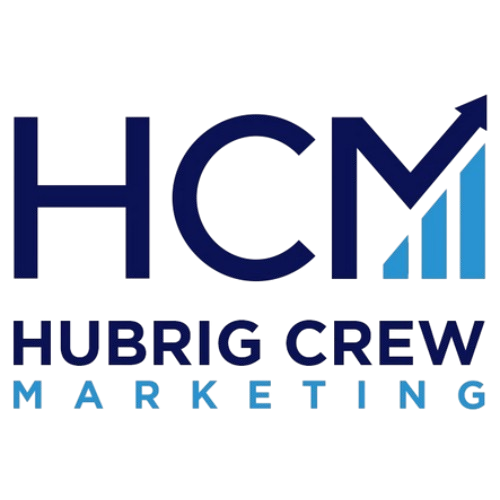Understanding Online Marketing
In today’s rapidly evolving digital landscape, online marketing, also known as digital marketing, plays a pivotal role in connecting businesses with their target audience. It involves leveraging web-based channels to promote a company’s brand, products, or services, aiming to reach customers where they spend their time online, be it reading, searching, shopping, or socializing.
The importance of online marketing in the digital age cannot be overstated. With over 2 billion people shopping online globally, businesses must adapt to this shift to stay competitive. A well-crafted digital marketing strategy provides direction, helping companies set clear goals and allocate resources effectively.
Online marketing encompasses various digital channels that each serve distinct purposes. From content marketing that engages audiences through valuable information, to search engine optimization (SEO) that enhances visibility, and social media marketing which builds brand awareness, these channels are crucial for reaching and engaging potential customers. Other key channels include email marketing, video marketing, and pay-per-click advertising.
Ultimately, online marketing enables businesses to build effective customer acquisition campaigns, optimizing their strategies for improved return on investment (ROI) while keeping pace with the digital age.
Knowing Your Target Audience
Understanding your target audience is a cornerstone of effective online marketing. Audience insights provide crucial data that reveal the characteristics, behaviors, and motivations of your market. This knowledge helps craft campaigns that truly resonate with potential customers, leading to heightened engagement and conversions.
To gather this valuable audience data, businesses can deploy a variety of techniques. For instance, using built-in data tools such as Google Analytics for websites or social media analytics on platforms like Facebook offers insights into customer preferences and behaviors. Additionally, social listening and surveys can offer direct insights into customer sentiments and needs.
With a robust understanding of your audience, creating personalized marketing campaigns becomes feasible. By segmenting customers based on demographics and behaviors, businesses can tailor messages and offers to suit specific audience segments. For example, personalized email campaigns that include customer names and purchase history can increase relevance and engagement.
| Demographics | Psychographics |
|---|---|
| Age, Location, Gender | Interests, Values, Lifestyles |
| Income, Education | Hobbies, Behaviors |
Ultimately, leveraging these insights allows for optimized marketing strategies that align closely with customer expectations, driving better business results.
SEO Fundamentals
SEO, or Search Engine Optimization, is a vital component of online marketing that enhances a website’s visibility on search engine results pages (SERPs). By employing various strategies and techniques, SEO increases organic traffic to a website, strengthening its online presence and reach.
Key Components of SEO
- Technical SEO: Ensures search engines can effectively crawl and index your site. This includes aspects like crawlability, indexing, and mobile experience.
- On-site SEO: Involves optimizing the content and HTML of your site, focusing on structural optimization, keyword research, and user experience.
- Content: Quality content is crucial and should be optimized for SEO. It informs and engages prospects, helping them meet their goals.
- Off-site Authority Building: Builds your site’s authority through link-building strategies, enhancing organic rankings.
The significance of SEO in online marketing is profound. It boosts visibility, drives sales, and establishes authority. With SEO, businesses can rank higher in search results, attract more organic traffic, and generate quality leads. This ultimately leads to higher conversion rates and long-term benefits, making it an essential strategy for businesses aiming to succeed in the digital age. For those considering paid options, PPC management can complement SEO efforts effectively.
Leveraging Social Media
In today’s digital landscape, social media plays a pivotal role in marketing strategies. With platforms like Facebook boasting over 3 billion active users, businesses have unprecedented opportunities to reach and engage their target audience. “Social media is no longer a choice; it’s a necessity,” emphasizes industry expert John Doe.
Each platform attracts distinct demographics. Facebook is favored by users aged 25-34, while Instagram and TikTok are hotspots for younger audiences, primarily Gen Z and millennials. Meanwhile, LinkedIn remains essential for B2B marketing, targeting professionals and businesses.
To effectively engage audiences, businesses should implement various strategies. Setting SMART goals and understanding platform algorithms can significantly enhance engagement rates. Developing interactive content like polls and quizzes, along with leveraging stories and short videos, can capture attention and drive interaction. Additionally, exploring paid social options can further amplify reach and engagement.
Ultimately, social media not only builds brand reputation and loyalty but also offers real-time competitive insights, making it an indispensable tool in the digital age.
Cost-Effectiveness of Online Marketing
When comparing digital marketing to traditional marketing, the former stands out as a more cost-effective approach. Unlike traditional methods that can involve significant upfront costs—such as expensive TV or print ads—digital marketing allows businesses to start small and scale based on performance. A statistic reveals that digital marketing can reduce costs by up to 40% compared to traditional marketing strategies.
For small businesses looking to maximize their marketing budget, several budget-friendly strategies can be employed:
- Create a Google My Business Account for local SEO.
- Engage on social media by posting regularly and using hashtags.
- Leverage free tools like Canva to create compelling infographics.
- Implement email marketing to maintain customer relationships.
Furthermore, the ability to track and measure success in real-time sets digital marketing apart. Utilizing tools like Google Analytics, businesses can monitor key metrics such as conversion rates and traffic sources, enabling them to make informed adjustments to their strategies. This adaptability not only enhances marketing effectiveness but also ensures resources are used efficiently.
FAQs About Online Marketing
Q: What are some common misconceptions about online marketing?
A: Many business owners believe that simply buying marketing technology will lead to success, but this requires training and time investment. Others think social media isn’t necessary, yet it’s crucial for brand building and lead generation. Additionally, some assume that large quantities of content are more effective than quality messaging, which can actually confuse customers.
Q: What are the best practices for online marketing?
A: Focus on utilizing a variety of digital channels and ensure consistent messaging through comprehensive digital communications planning. Enhance social customer service to engage with customers effectively. Patience is key, as results take time and consistent effort is necessary.
Q: Which tools are recommended for beginners in online marketing?
A: Beginners can start with accessible tools like Canva for graphic design and Buffer for social media management. For email marketing, Mailchimp offers a user-friendly platform. These tools provide essential features and help build a strong online presence.
Conclusion
In the digital age, mastering online marketing is essential for any business aiming to thrive. Key strategies include understanding your target audience, leveraging digital channels, and utilizing effective tools to enhance your online presence. By focusing on quality over quantity and optimizing content for search engines, businesses can improve visibility and engagement.
Taking actionable steps is crucial. Start implementing these strategies today and adapt them to fit your unique business needs. Remember, consistency and patience are key; results may not be immediate, but they will come with persistent effort.
Finally, staying updated with the latest trends and technologies in digital marketing is vital. The landscape is ever-changing, and keeping pace ensures that your strategies remain effective and competitive. Engage with resources, participate in learning opportunities, and continuously refine your approach.
Embark on your journey confidently, knowing that with the right strategies, your business can achieve success in the digital world. Embrace these insights and take the first step toward transforming your online marketing approach today.



